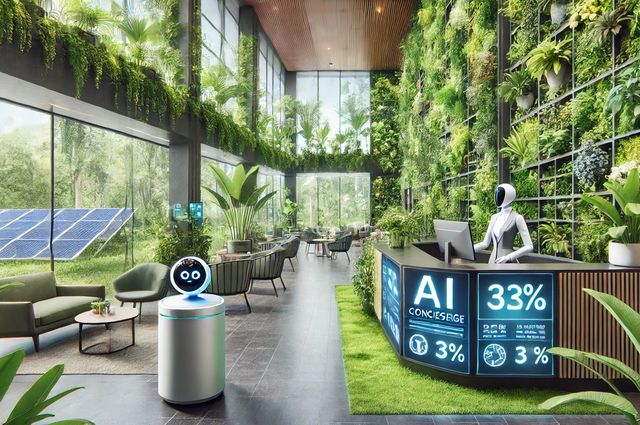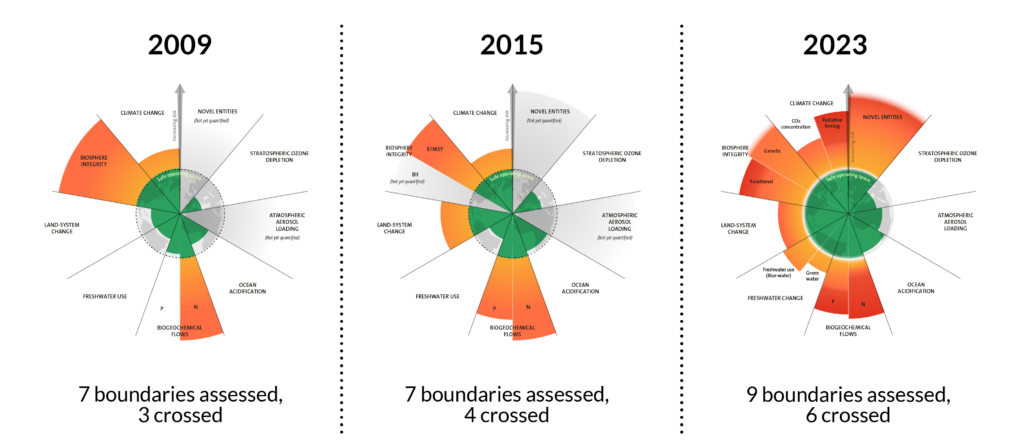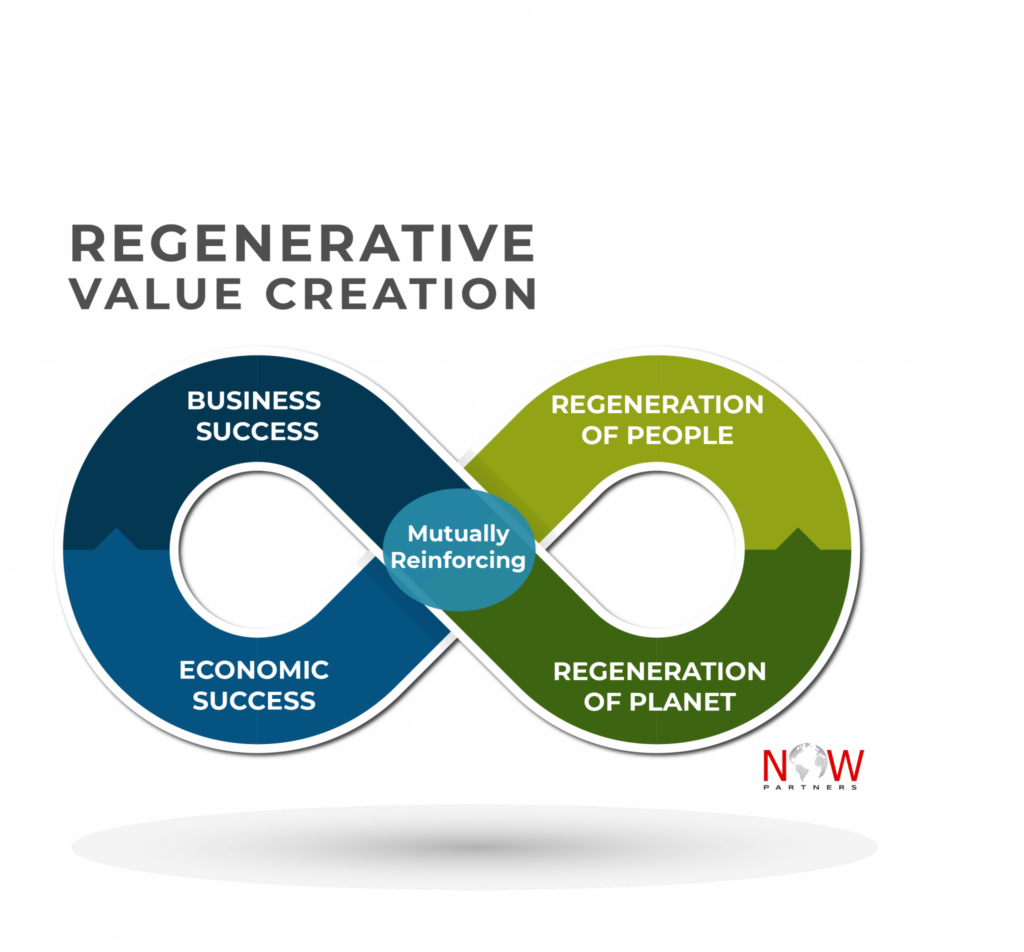See latest viewpoint on hospitalynet.org
The Eco-labels need to adjust their requirements and procedures to meet the upcoming Green Claims Directive. The separation between the certification and auditing processes is key to building trust in the claims made. Setting clear minimal standards for eco-certification will help meet sustainability standards.
I think it is important to mention that eco-labels have helped hospitality organizations to start working on reducing their environmental impact. Although flaws exist in the current system, ecolabels have increased awareness and expertise on sustainability in many hospitality organizations. The reputation of Ecolabels may have suffered due to the reluctance of organizations with an instrumental approach to sustainability, versus those intrinsically motivated, to make full use of the opportunity of the eco-labels.
We have reached a new phase in the sustainable transition of the hospitality industry, next steps need to be made, and making all ecolabels “Green Claims Proof” will help this transition. The current list of GSTC-Accredited Certification Bodies is small, so much energy is needed to expand this group before the directive takes effect. They can play an important role in helping organizations make a sustainable transition and help them make underpinned green claims.



